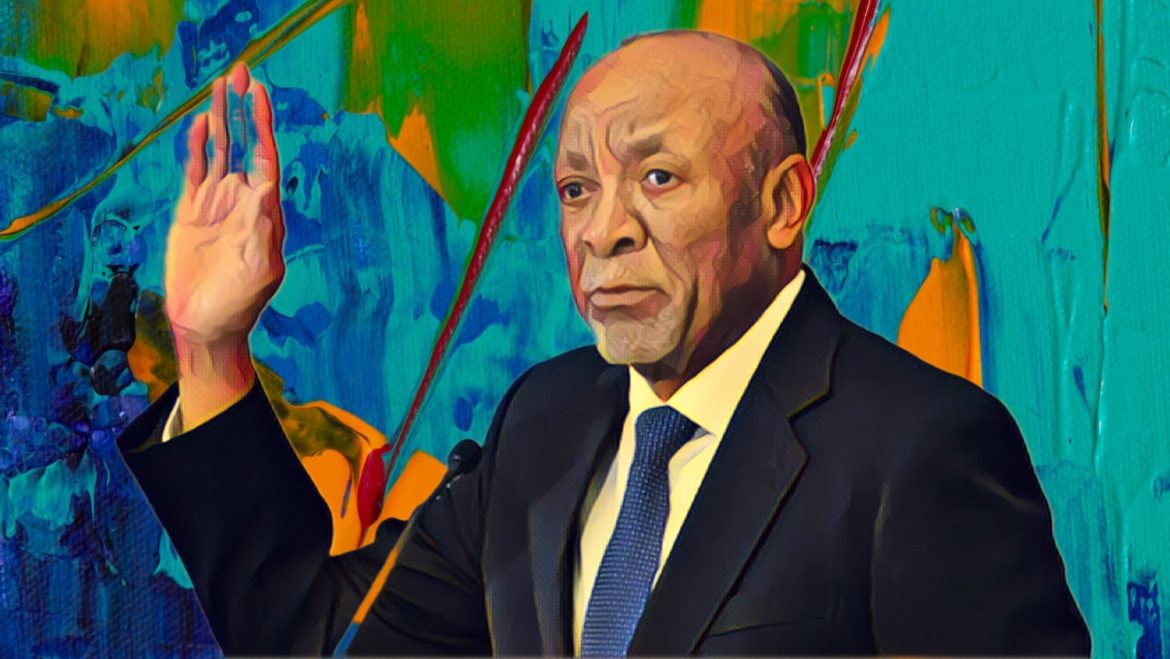Namibia has a new president after the death of its former leader, Hage Geingob, who succumbed to cancer on Sunday. Nangolo Mbumba, who was the vice president, took the oath of office in a ceremony in the capital, Windhoek, on Sunday.
Mbumba, 82, is a veteran of Namibia’s liberation struggle and a loyal member of the ruling SWAPO party. He has held various ministerial positions since Namibia gained independence from South Africa in 1990. In 2018, he assumed the role of vice president and gained widespread recognition as Geingob’s trusted confidant and heir apparent.
Mbumba pledged to continue Geingob’s legacy of promoting peace, stability, and development in the southern African nation. He also vowed to tackle the challenges of poverty, inequality, and unemployment that afflict many Namibians.
“I am deeply saddened by the passing of our beloved President Geingob, who was a father of the nation, a champion of democracy, and a pillar of the Namibian house,” Mbumba said in a statement. “He devoted his life to the service of our people and our country. I will do my best to honor his memory and his vision.”
Mbumba also announced that Netumbo Nandi-Ndaitwah, the former deputy prime minister and minister of international relations and cooperation, would be his vice president. Nandi-Ndaitwah, 64, is one of the most senior and respected female politicians in Namibia. She has been instrumental in advancing Namibia’s foreign policy and regional integration.
Geingob, 82, was the first prime minister and the third president of Namibia. He was a prominent figure in the anti-apartheid movement and the drafting of the Namibian constitution.
Geingob garnered acclaim for championing national unity, safeguarding human rights, and waging an unyielding battle against corruption. He also initiated several social and economic reforms to improve the living standards of Namibians, especially the marginalized and disadvantaged groups.
The Namibian government proclaimed seven days of national mourning for Geingob and revealed that a state funeral is scheduled for Saturday. Several regional and international leaders have expressed their condolences and paid tribute to Geingob for his contribution to Namibia’s development and democracy.
Namibia, a former German colony, was occupied by South Africa for decades until it won its independence in 1990 after a protracted armed struggle. The country has a population of about 2.5 million and is rich in natural resources, such as diamonds, uranium, and copper.
Namibia’s new president faces the task of leading the country through a difficult period of recovery from the impact of the global pandemic, which has affected its health, education, and economy. He also has to deal with the issues of land reform, climate change, and regional security.
However, Mbumba said he was confident that Namibia would overcome its challenges and achieve its goals with the support of its people and its partners.
“I appeal to all Namibians to join me in this journey of nation-building and development,” he said. “Together, we can make Namibia a better place for ourselves and our children.”
Source: New Zimbabwe


